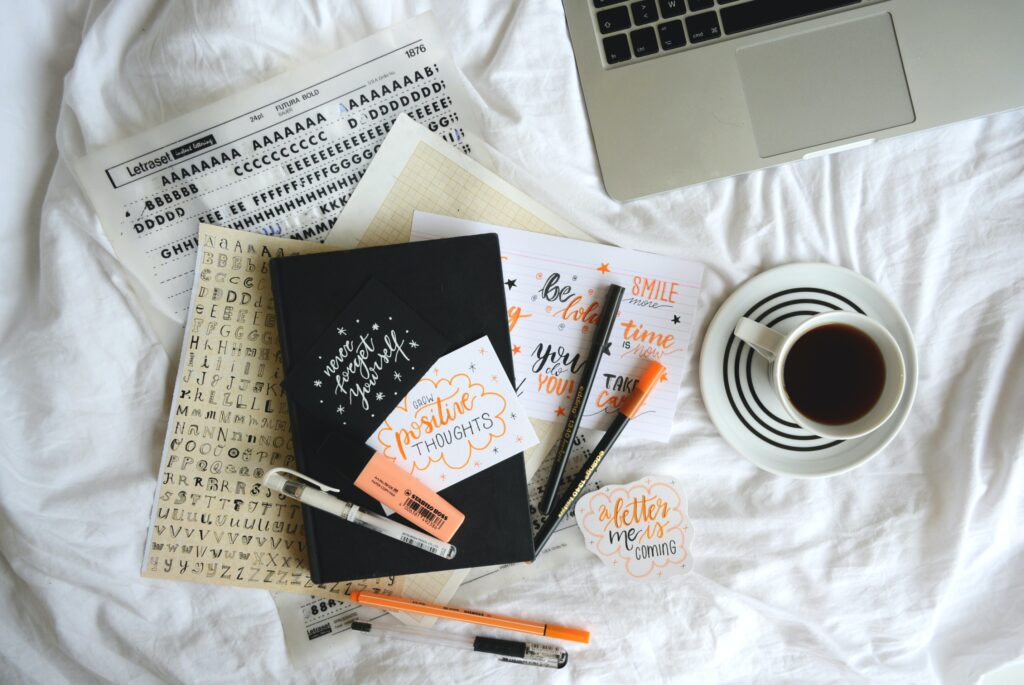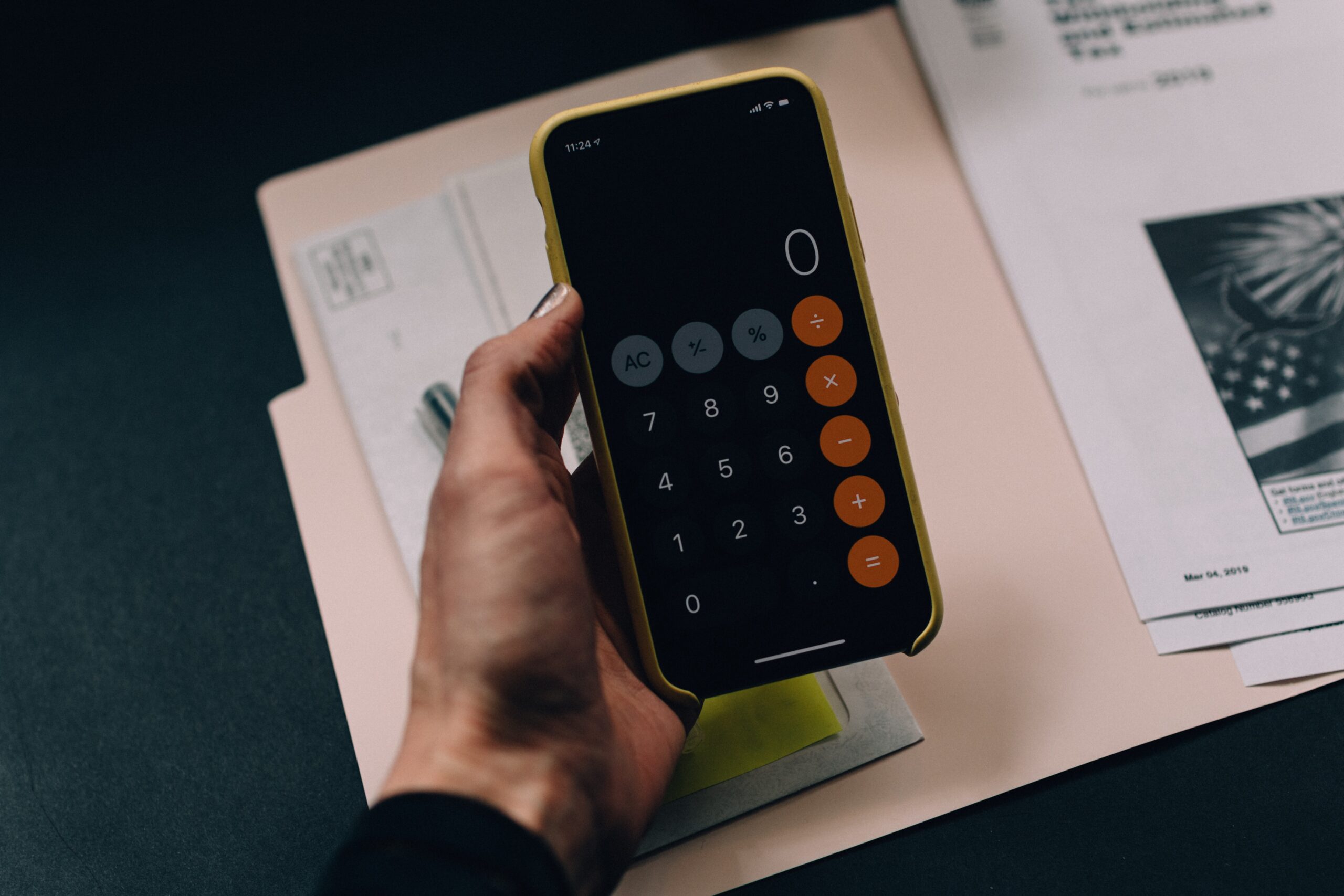When it comes to personal finance, your money mindset and relationship with it are both significant. Just as we can’t exercise our way out of a bad diet, we can’t budget our way out of having negative feelings towards finances and how we manage them. But, how do you create a more positive relationship between yourself and your money?
Create a money system that works for you
A lot of people associate finances with feelings of stress, anxiety and overwhelm. While an organised money system won’t miraculously solve all your problems and eliminate those feelings, it can help you in developing a more positive relationship with money.
I liken a money system to a filing cabinet; if nothing is put away in a filing cabinet in the right place, it can be difficult to find what we need, leading us to dread opening it because we know we’re not going to find what we need straight away. And soon, you associate the filing cabinet with that sense of dread and overwhelm. The same applies to your money system. If your emergency fund, wedding fund and bills money are all in the same place then it’s difficult to keep up with how much you have allocated to each one. Those negative connotations can often translate into telling ourselves we’re the problem. Everyone’s money system looks different, but you can find out how organising your finances can lead to you feeling good about your ability to manage your money.
Spend according to your priorities and lifestyle
One of the easiest ways to feel like your money doesn’t go far enough or wondering where your money goes each month is spending on things you’re not going to use, or that isn’t aligned with the things that are important to you. Frittering away money this way means we have less money to spend on the things that do matter to us, whether it’s a brunch with your friends, a weekend away with your partner or a gift for someone’s birthday.
So, how do you know what is important to you?
Bring in the happiness factor into your recent spending. Reflect back on your non-essential purchases for the last couple of months. Rate each one on a scale of 1-10, with 10 being that the purchase gave you the maximum amount of happiness. Make a note of any patterns you can see in your ratings; are you getting a 10/10 on gift giving, but an average of 5/10 when the purchases relate to a different area of your life?
I also try to look at how my purchases, particularly when it comes to material possessions, align with my lifestyle. If I’m giving myself £100 a month towards non-essential spending then spending all of it on a dress that’s suitable for a black tie event when I only go to these once or twice a year at the very most doesn’t feel like the best use of my money.
There will always be items or events we have to buy into that give us that 10/10 happiness factor or fully align with our lifestyles. But focus the majority of your non-essential purchases on the categories that give you the most happiness or that best align with your lifestyle, saving a small amount of your budget for those anomaly items.

Listen to how you talk to yourself – it matters
“I’m bad with money”, “I don’t know how to handle my finances”, or “people like me don’t know how to save.” These are all negative thoughts (note: they aren’t facts) and you may have said any of these to yourself before. When you continue to tell yourself that you don’t know how to manage your money or that you’re bad with it, it becomes a self-fulfilling prophecy.
Instead, focus on the areas of your finances that you are excelling at, and pick one or two areas you’d like to improve. Give yourself permission to make mistakes and to slip up (I don’t know anyone who hasn’t), while reflecting on what you can learn from it as well. And remember we don’t have to do something 100% of the time to be good at it, or to have achieved something. What does this look like in a real life scenario? We might take lunch into work four times a week, and treat ourselves to our favourite sandwich at the deli down the road on a Friday. Or, we go on a little spending spree in town because life has been really tough lately. Just because we regularly participate in these activities doesn’t mean we’re any worse at handling our finances than someone who doesn’t.
Set clear goals (and keep a track of your progress)
An excellent way to develop a more positive relationship with money is by tracking the progress of your financial goals. If you don’t have goals in mind already, think about what it is you want to do in 3-5 years and then in 10 years’ time. It could be anything from taking six months out to travel, a cruise holiday you’ve always dreamed of, saving for a house deposit, paying off your mortgage or having a better work/life balance by going part-time at work.
Work out how much money you need to achieve your goal (it doesn’t need to be perfect), and how long it will take, and then set a SMART goal by making it specific, measurable, attainable, relevant and time-bound (for example, “I want to save £5,000 by 31 December 2025 for my honeymoon to the Maldives”).
Have somewhere to track your progress – it doesn’t need to be fancy – and you’ll soon start to see how your money habits over a longer period of time can help you progress with your goal. And in turn it’ll help you to gain financial confidence and to continue to nurture that positive money relationship.
Recognise that setbacks will happen
Having a positive relationship with money doesn’t mean that we’ll never experience any setbacks or mistakes. But it does help us to manage those obstacles better, because we know we can steer ourselves in the right direction to get back on track, or we feel confident that we can make better decisions going forward.
Now that you’ve been armed with some ways to improve your relationship with money, it’s time to do the inner work. It won’t be easy and you might not get it right the first time; that’s OK and all part of the process in feeling more financially confident.



